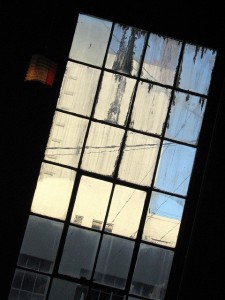Graphene helps eliminate glass corrosion
A complex chemical reaction that occurs at the nanosurface is responsible for the corrosion, so glass coatings that can resist the beginning stages of this reaction are much sought-after. Graphene is chemically inert, and it can be applied in a thin film. In addition, it is transparent, so it’s an ideal coating for glass.
Graphene coatings can protect against a wide variety of conditions including corrosion, oxidation, friction, bacterial infection and electromagnetic radiation, so the coatings could protect a variety of other surfaces, in addition to glass.
The researchers developed a two-atom-thick coating of graphene on copper, and transferred it to glass. After submerging the glass in 140° F water for 120 days, scientists noted that the uncoated glass showed significant material changes to its surface, while the coated glass was in virtually the same condition it was in prior to being submerged. Although the test coating was two atoms thick, the researchers say they can achieve the same results with a one-atom thick graphene coating.
Nanoscale changes to the surface of the glass have a number of uses. It’s the principle on which Glassprimer™ glass paint was engineered. Glassprimer™ glass paint bonds directly and permanently with the surface of glass. In addition, it offers exceptional UV resistance, which means it won’t fade, even in direct sunlight.
Glassprimer™ glass paint can be tinted to match the paint palettes of all major paint packages, so you can incorporate it easily into any decorating plan.
If you’d like more information about Glassprimer™ glass paint, please visit the rest of our site. If you’d like to purchase Glassprimer™ glass paint, please visit our online store .
Photo Credit: Geek2Nurse, via Flickr.com

